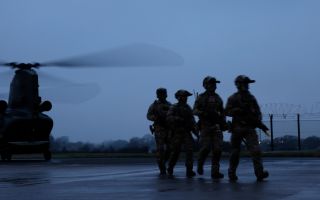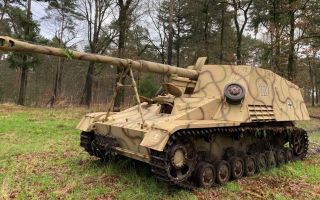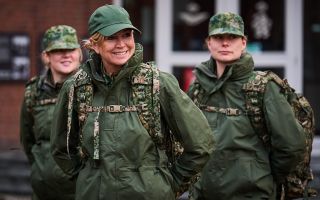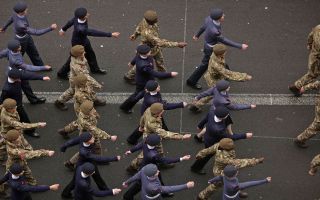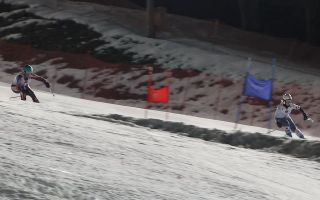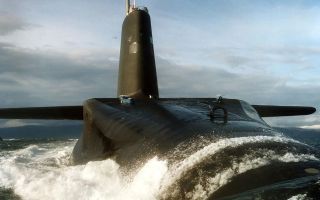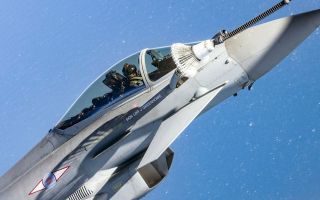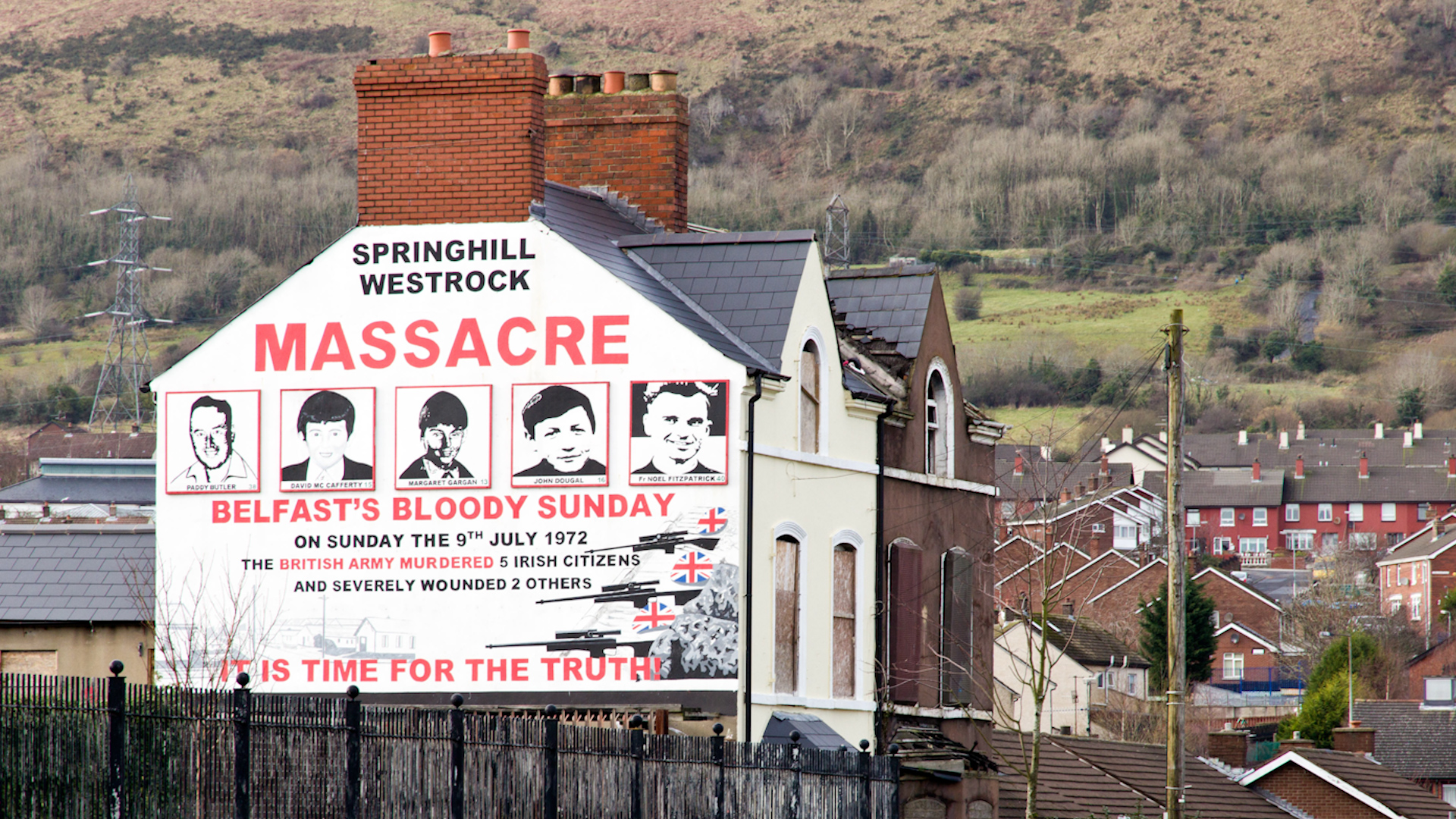
Families speak of their loss as new inquest opens into 1972 Springhill killings

Relatives of five people killed in shootings involving the British Army in west Belfast more than 50 years ago have spoken of their loss at the opening of a new inquest.
Three teenagers, a parish priest and a father-of-six were killed in the Springhill/Westrock area on the night of 9 July, 1972.
The fresh coroner's probe into events that victims' relatives refer to as the Springhill Massacre was ordered by Northern Ireland's attorney general in 2014 after an original inquest in 1973 returned an open verdict.
Those who died were John Dougal, 16; Patrick Butler, 37; Fr Noel Fitzpatrick, 42; David McCafferty, 15; and Margaret Gargan, 13.
On the opening day of the proceedings, coroner Mr Justice Scoffield heard that the killings took place on a day when an IRA ceasefire broke down, sparking disturbances in the Lenandoon area of west Belfast.
The shootings in Springhill/Westrock took place in disputed circumstances, the court heard.
In opening the inquest, counsel to the coroner Michael O'Rourke KC explained the different versions of events.
He said the Army contend that soldiers opened fire after being shot at by gunmen in the area, and their use of force was "legitimate and justified".
"The contrary narrative to that of the military is that the Springhill deaths resulted from illegitimate, unjustified and indiscriminate use of force by the Army on civilians," Mr O'Rourke added.
"It will be noted that no firearms or weapons were reported as having been recovered from the locations at which the deaths occurred. The next of kin say the military action on the 9 July 1972 resulted in the deaths of five entirely innocent civilians."
Mr O'Rourke said the inquest would seek to determine "where the truth lies".
He said the potential involvement of both republican and loyalist gunmen in the killings would also be examined.
'Our lives changed forever'
After the barrister's opening statement, relatives of the five victims were offered the chance to tell the court about their lost loved ones.
John Dougal's sister Mary Judge said her brother had wanted to join the British Army as a child.
"When John was shot dead our lives changed forever," she said.
"It was a very difficult time for us all. We have lost a loving brother who we have always missed. We think about him every day. Having waited 50 years to find out the truth of what happened to him, we hope this inquest will give us some answers after five decades. Only then can our parents rest in peace."
Jacqueline Butler, the youngest of Patrick Butler's six children, said her father had been wrongly labelled as a gunman when he had only gone with Fr Fitzpatrick to help those who had been shot and wounded.
"That was the day our family's life changed forever," she said.
"It was the day our childhood ended. We had to grow up quicker than we should have. We experienced grief no child should have experienced at our age.
"I was only 20 months old when my daddy was killed. I was denied the opportunities of having any memories of my daddy. I have none but all the older ones have some memories of him. Yet we should never been denied a lifetime filled with memories with our loving daddy."
'Terrorised' by the Army and police
Ms Butler said after her father's death the family continued to be "terrorised" by the Army and police who she accused of repeatedly ransacking their home in the early hours of the morning in the years that followed.
"For almost 51 years our family have been campaigning for truth and accountability into our daddy's death," she said.
"How can our daddy go out and help the injured and never return home again.
"As a family, we want to clear his good name that has been tarnished ever since."
A statement from David McCafferty's sister Betty Kennedy was also read to the court by one of her cousins.
"David had a gentle and easy-going personality and was well-liked by all who knew him," it read.
"He's a keen naturalist. He loved animals and everything to do with the natural environment."
Mrs Kennedy said 9 July 1972 was the worst day of her life.
"I miss him every day," she said in her statement.
'Hole in our heart'
Harry Gargan, sister of Margaret Gargan, said her death took a terrible toll on the family, particularly their mother.
"All of us siblings were brokenhearted, but the pain of watching our mother struggle to cope with her death, it will stay with us all until God calls us," he said.
He added: "The hole in our heart from the loss of Margaret could never be mended."
Ruth O'Reilly, the niece of Father Noel Fitzpatrick, described her uncle as a "gentle and charismatic person" with a "tremendous open heart".
She said the family were confident that the cleric would have forgiven those who killed him.
"People who knew him or even just encountered him describe a genuine and charismatic person with gifts of insight, empathy, compassion, and tremendous open-heartedness decades ahead of the time when those qualities would be cultivated as they are today," she said.
The inquest continues.

